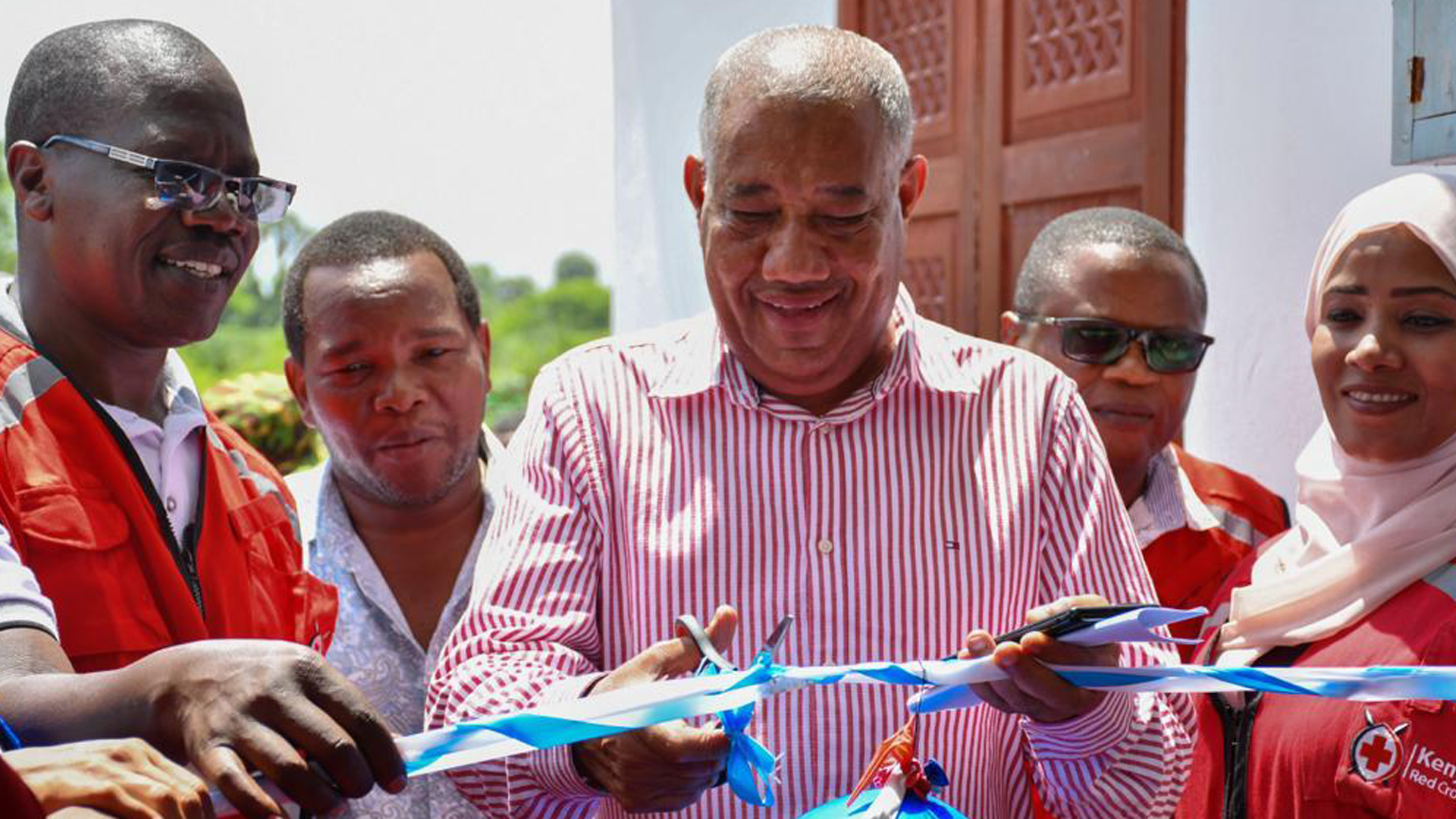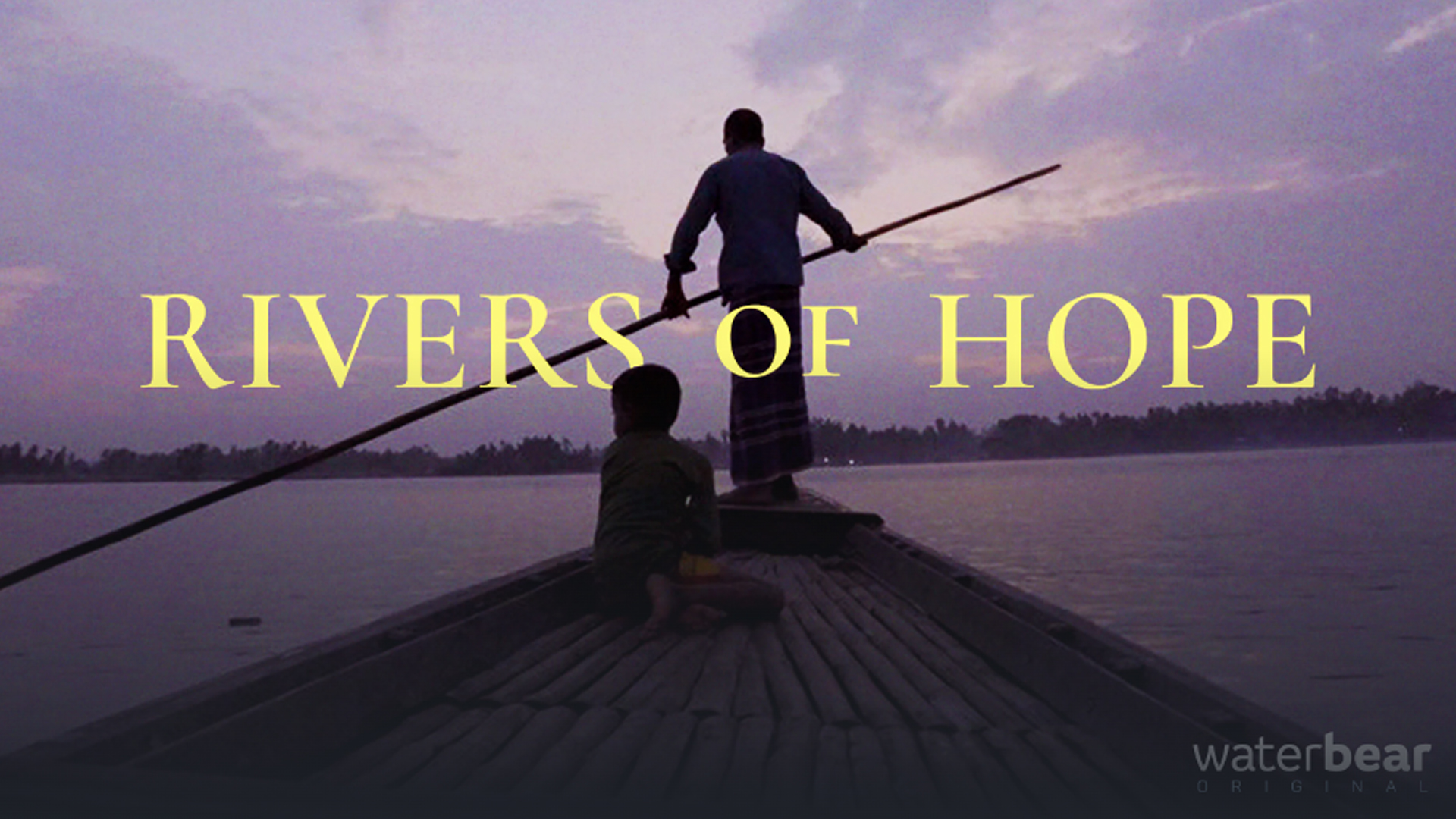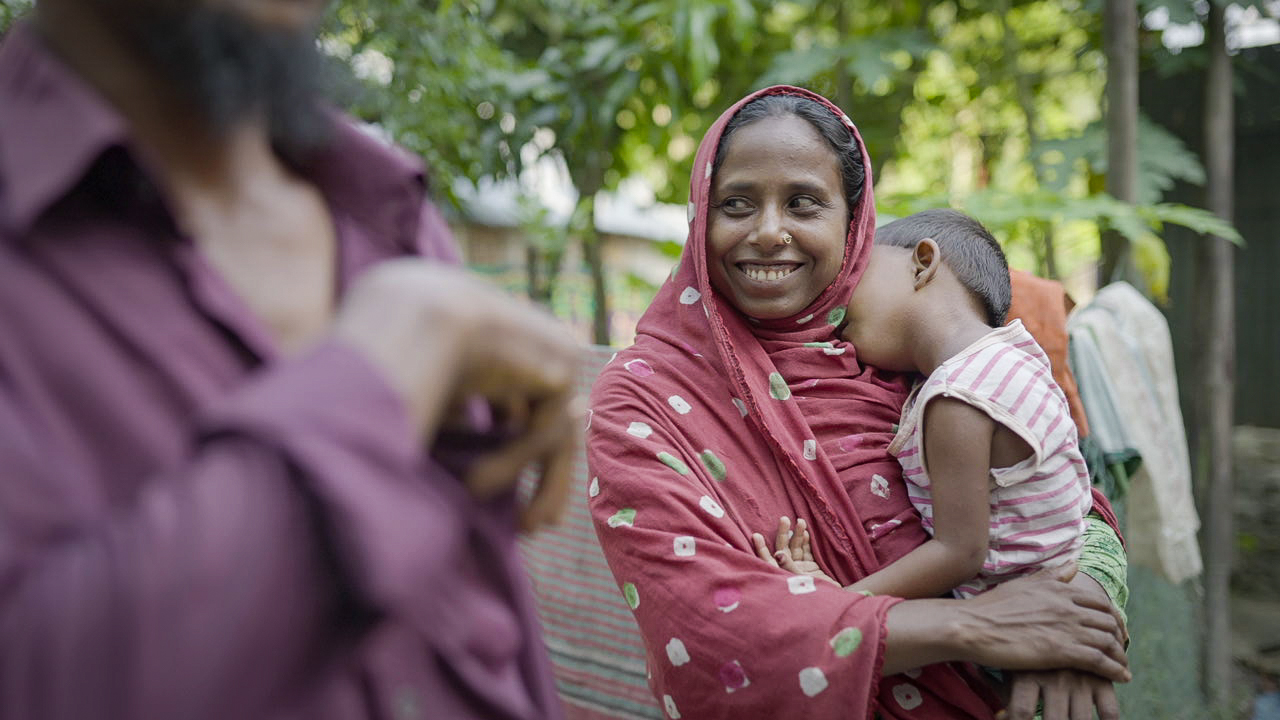Averted Disaster Award 2022
Honorable Mention
Project NOAH, Philippines
We are proud to honor the works of Project NOAH as an Honorable Mention for the 2022 Averted Disaster Award.
The Philippine government created Project NOAH as the Department of Science and Technology’s (DOST) integrated disaster prevention and mitigation program in 2012. It was designed to employ science and technology to generate accurate data and address the conditions needed to make informed decisions for disaster risk reduction activities, through national government agencies, partners in the private sector and the academic community. Project NOAH seeks to fulfill its vision of disaster-free and empowered communities by providing open access to accurate, reliable, and timely hazard and risk information that has been updated and enhanced using advanced technology. It also undertakes research projects to develop technologies and tools that further build the capacity of the government and the public in disaster preparedness and response.
The Philippines is constantly under threat from natural hazards from typhoons, tsunamis, earthquakes, volcanic eruptions, and landslides. This is further compounded by the extreme weather conditions created by climate change, as well as ongoing infrastructure development and population growth. As a result, disasters continually inflict greater costs on the country, both in terms of damage to property and loss of life. This situation will persist, and even worsen, unless specific measures are immediately undertaken to specifically address the ability to provide enough lead time for vulnerable communities to prepare and withstand disasters.
To address these issues Project NOAH mapped the country’s flood, landslide and storm surge hazards and significantly improved the resolution of hydrometeorological hazard maps. The NOAH program also introduced the use of Web Geographic Information Systems in communicating hazards and developed a People-Centered Early Warning System in their disaster risk reduction efforts. Additionally Project NOAH has deployed more than 1,000 automated weather stations, rain gauges and flood sensors that stream near real-time data over the NOAH website. They have also institutionalized a strategic communications project that allowed the agency to provide hazard specific, area=focused and time-bound warnings to the public.
The compounded impact of investment in these disaster mitigation areas has resulted in significant lives, property and livelihoods saved. Through Project NOAH the Philippines government is creating a culture of safety and resilience in communities and changing the way we perceive and experience disaster events.
Congratulations Project NOAH!
For more information about Project NOAH visit Project NOAH (Nationwide Operational Assessment of Hazards) – NOAH Center (up.edu.ph)










